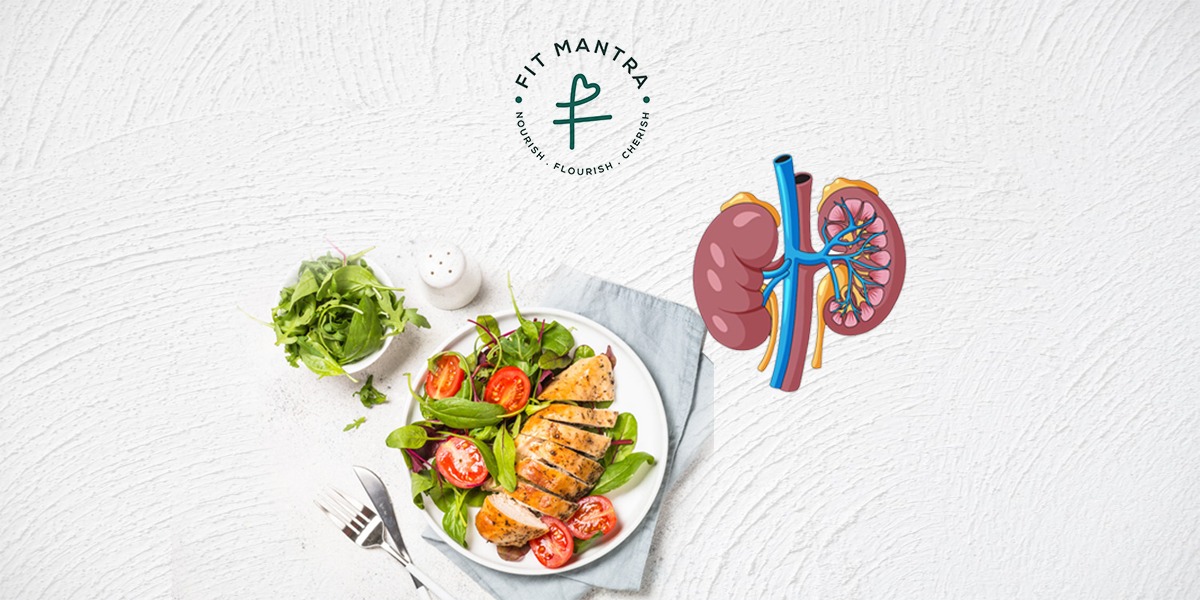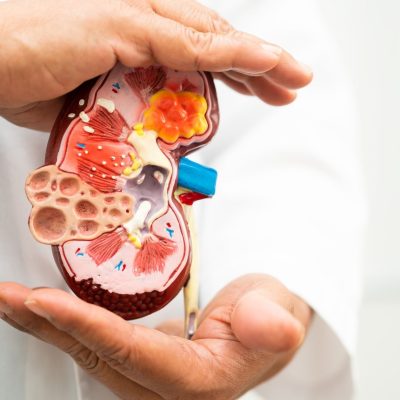As a dietitian specializing in kidney health, I often see the confusion around protein intake for those with kidney disease. This macronutrient, crucial for building and repairing tissues, can be a friend and foe when your kidneys aren’t functioning optimally.
Let’s break down the science and offer practical tips for managing protein in your kidney-healthy diet.
The Protein-Kidney Connection:
Your kidneys filter waste products from protein breakdown. When kidney function declines, these waste products can accumulate, potentially leading to further complications. However, protein remains essential for maintaining muscle mass, immune function, and overall health. The key is to strike the right balance.
Scientifically Backed Recommendations
Individualized Approach: The ideal protein intake for kidney disease varies depending on your disease stage, weight, and other factors. Consult a nephro dietitian or renal nutritionist to determine your specific needs.
Moderate Protein: In general, people with early-stage chronic kidney disease (CKD) may need to slightly reduce their protein intake, while those with advanced CKD or on dialysis may require even more careful management.
High-Quality Sources: Prioritize lean protein sources like poultry, fish, beans, lentils, and low-fat dairy. These are easier for your kidneys to process.
Phosphorus Awareness: Many protein-rich foods are also high in phosphorus, another mineral that can build up in the blood when kidney function declines. Your dietitian can help you make smart choices to control both protein and phosphorus levels.
Practical Tips for Managing Protein Intake
Track Your Intake: Keep a food diary or use a food-tracking app to monitor your daily protein intake.
Portion Control: Be mindful of serving sizes. A portion of protein is about the size of a deck of cards.
Distribute Throughout the Day: Aim to spread your protein intake evenly throughout the day rather than consuming it all in one meal. This can help your kidneys better manage the workload.
Experiment with Plant-Based Options: Incorporate more plant-based protein sources into your diet, like tofu, tempeh, edamame, and quinoa.
Partner with Your Healthcare Team: Regularly discuss your protein intake and overall nutrition plan with your doctor and dietitian to ensure it’s aligned with your kidney health goals.
The Importance of a Kidney-Healthy Diet
Remember, managing protein is just one part of a comprehensive kidney-healthy diet. Focusing on whole, unprocessed foods, limiting sodium and potassium, and staying hydrated are equally important for supporting kidney function.
If you have kidney disease, don’t navigate the nutritional maze alone. Consult a Renal dietitian specializing in renal nutrition to develop a personalized plan that meets your unique needs and preferences.
Your kidneys will thank you!




